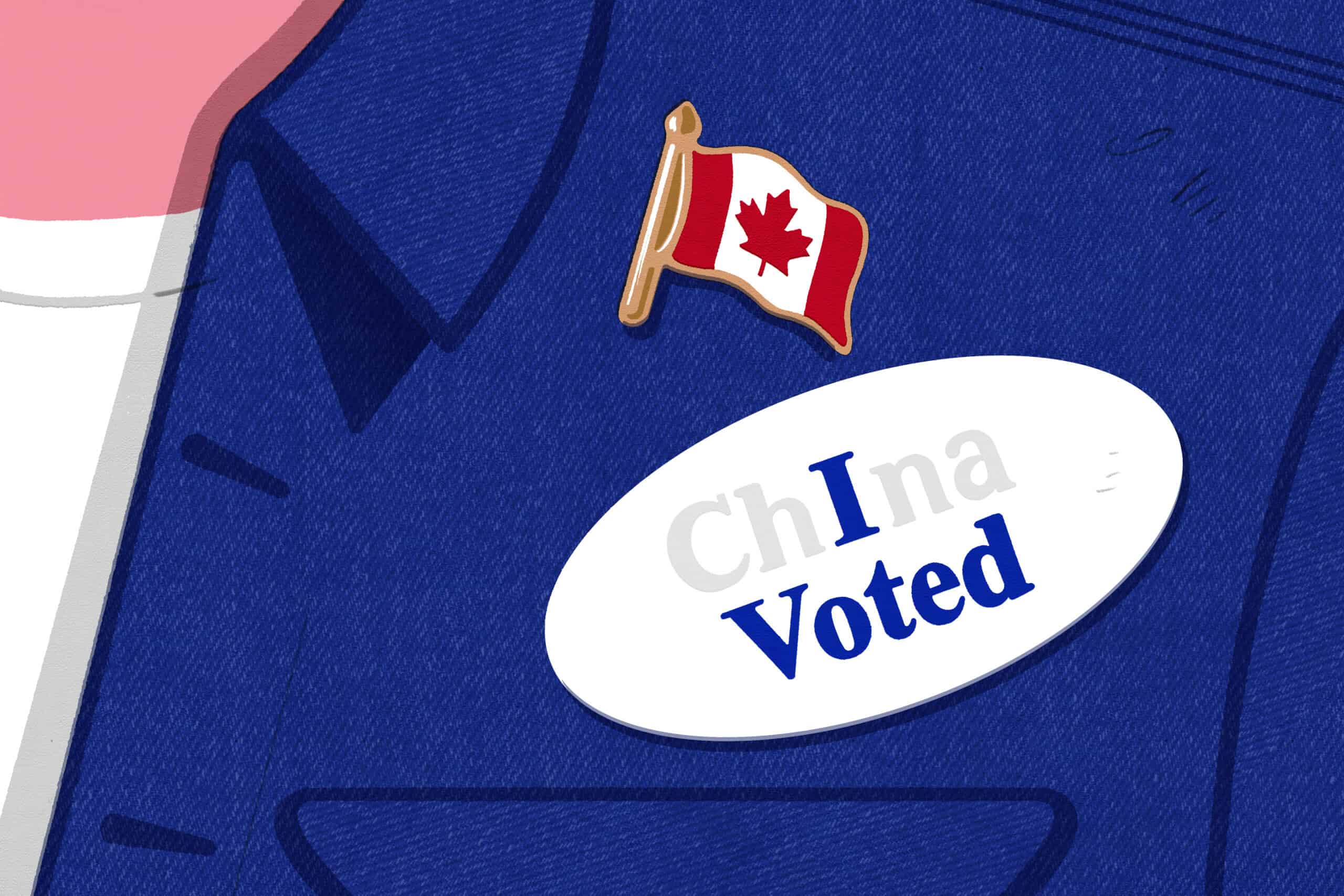To predict China’s future, it is not enough to know its past. Rather, we must understand how China perceives its own past, which frames the mindset of its leaders and the demands of its populace. That is why our top pick for September is a new book focusing on how China’s perception of its role in World War II has changed from wronged victim to defiant hero. This mirrors a broader change in China (reflected in its more nationalistic elements) where the “century of humiliation” narrative is steadily giving way to a confidence in the nation’s status as not rising but risen.
And to lend chiaroscuro to that rise, our monthly “shortlist” includes books that draw out the darker side of China’s trajectory to economic and geopolitical strength. From “coercive environmentalism” to the human cost of your iPhone, camps in Xinjiang to innovation predicated on foreign technology transfer and theft, 2020’s bumper crop of China books continues — if your shelf can take the strain.
The One to Read
China’s Good War: How World War II Is Shaping a New Nationalism by Rana Mitter
World War II used to be a sore spot for China: a brutal occupation by Japan, a bookend to a century of humiliation that started with the Opium Wars and ended with Communist rule in 1949. Or so the story went — and stories are critical in how a nation sees itself. Now, historian Rana Mitter contends in this elucidatory new study that China presents their role in World War II as the plucky fighter who won victory against the odds. Mitter runs through the various ways in which WWII appears in Chinese public life, from academia to media to social media commentariat. In so doing, he argues, China uses history to bolster its international standing, status as wartime ally, and even shaper of the post-war order. A fascinating read that examines China’s growing nationalism with a longer lens than most.
Sept. 15, 2020 | Harvard University Press. $27.95. | Buy
The Shortlist
Dying for an iPhone: Apple, Foxconn and the Lives of China’s Workers by Jenny Chan, Mark Selden, Pun Ngai
Putting aside the title’s glib pun — a reference to the suicides of some factory workers in China who make Apple products — this book is a thorough overview of an important topic. Despite best efforts to “decouple” tech supply chains between US firms and Chinese factories, our iPhones and other gadgets are still largely made in China, and we have a responsibility to know their human and environmental, as well as pecuniary, price. This exposé — dramatically written, but chock full of statistics — chronicles the deaths, unpaid overtime, and other abuses of factories, with a special focus on Apple partner Foxconn. Drawing on interviews with both workers and managers, it will make you look twice at your phone.
Sept. 1, 2020 | Haymarket Books. $19.95. | Buy
The War on the Uyghurs: China’s Internal Campaign against a Muslim Minority by Sean R. Roberts
The moral cost of dealing with China, theme of last month’s column, is freshly relevant given U.S. blocks on exports from Xinjiang that reportedly use forced labor. It is essential to be well informed about the facts, and this is the first weighty book that comprehensively lays out recent developments in Xinjiang. Academic Sean R. Roberts first contextualizes the Uyghur people and their history as part of China, from early colonialism (which he dates from 1759) to how they were dubbed a “terrorist threat” in the wake of 2001 — China’s sleight of hand that turned the Global War on Terror into the “People’s War on Terror” — before tackling the cultural genocide of the last three years that shocked the world.
Sept. 8, 2020 | Princeton University Press. $29.95. | Buy
China Goes Green: Coercive Environmentalism for a Troubled Planet by Yifei Li and Judith Shapiro
China appears poised to become a “green” leader for a changing world order, filling the lacuna created by Trump’s climate policies (or lack of them). Yet as this surprising book shows, environmentalism can also be a tool of control. From the Party buzzwords of “ecological civilization” to the realities of pollution and resource extraction, professors Li and Shapiro — of environmental studies and sustainable development respectively — outline how China is embracing what they dub “authoritarian environmentalism.” Going green, they argue, is being used as a way to gain international influence through the Belt and Road initiative, to pacify borderlands at home, and to dominate the technologies that will dictate the future.
Sept. 15, 2020 | Polity. $22.95. | Buy
China’s Quest for Foreign Technology by William C. Hannas and Didi Kirsten Tatlow
China’s rapacious appetite for foreign tech has been well attested, as has its myriad ways of acquiring it: mergers and acquisitions, technology transfer, IP and copyright infringement, and outright espionage or theft. This book, while academic in style, is invaluable in that it documents just how that technology acquisition has aided China’s rise to power over the last decades. The collection of essays takes in hot-button topics from overseas students and workers who spy for the motherland, to China’s obsession with AI, and the grey area of corporate technology transfer (helpful charts outline “legal”, “illegal” and “extralegal” transfers). Together, they form a mosaic that shows how China’s military and economic strength rests not insignificantly on the shoulders of others’ creative work.
Sept. 23, 2020 | Routledge. $44.95. | Buy
The ‘Other’ Shangri-La: Journeys Through the Sino-Tibetan Frontier in Sichuan by Shivaji Das
Some lighter reading to end the shortlist, by a Singaporean memoirist who travelled through the borderlands of western Sichuan province and the eastern Tibetan autonomous region — or Kham, as it was historically known to Tibet. Taking in the region’s dramatic landscapes, cultural legacy, religious significance and fraught history, Das draws a readable portrait of one of China’s lesser-trod corners. Travelling from the regional capital of Chengdu out west (and up) to the Tibetan plateau, he doesn’t dig deep enough into Han-Tibetan tensions, or stay in any location long enough to scratch the surface. Yet an engaging, fast-paced travelogue — one to remind us that China isn’t all about politics and business.
July 23, 2020 | Konark. $18.50. | Buy
In Case You Missed It
Little Soldiers: An American Boy, a Chinese School, and the Global Race to Achieve by Lenora Chu
As students go back to school — or don’t, depending on the state of lockdown — this journalistic memoir provides essential context for the decade-old debate over Chinese versus Western education systems. The successes of Chinese schools first came to international attention in the late aughts and early tens of the century, with Shanghai schools topping rankings. Reporter Lenora Chu dives beyond the headlines to find out what happens in the classrooms of a state-run public school in Shanghai, where her own young child was enrolled. She finds much to admire, but also a regimented approach with public shaming (and private bribes for teachers) in the service of better test results. Worth a read before despairing too much at your kid’s online classes from home.
Sept. 19, 2017 | Harper. $16.99. | Buy

Alec Ash is the books editor for The Wire. He is the author of Wish Lanterns. His work has also appeared in The Economist, BBC, SupChina, and Foreign Policy. @alecash
As an Amazon Associate, The Wire earns from qualifying purchases of books featured here.











